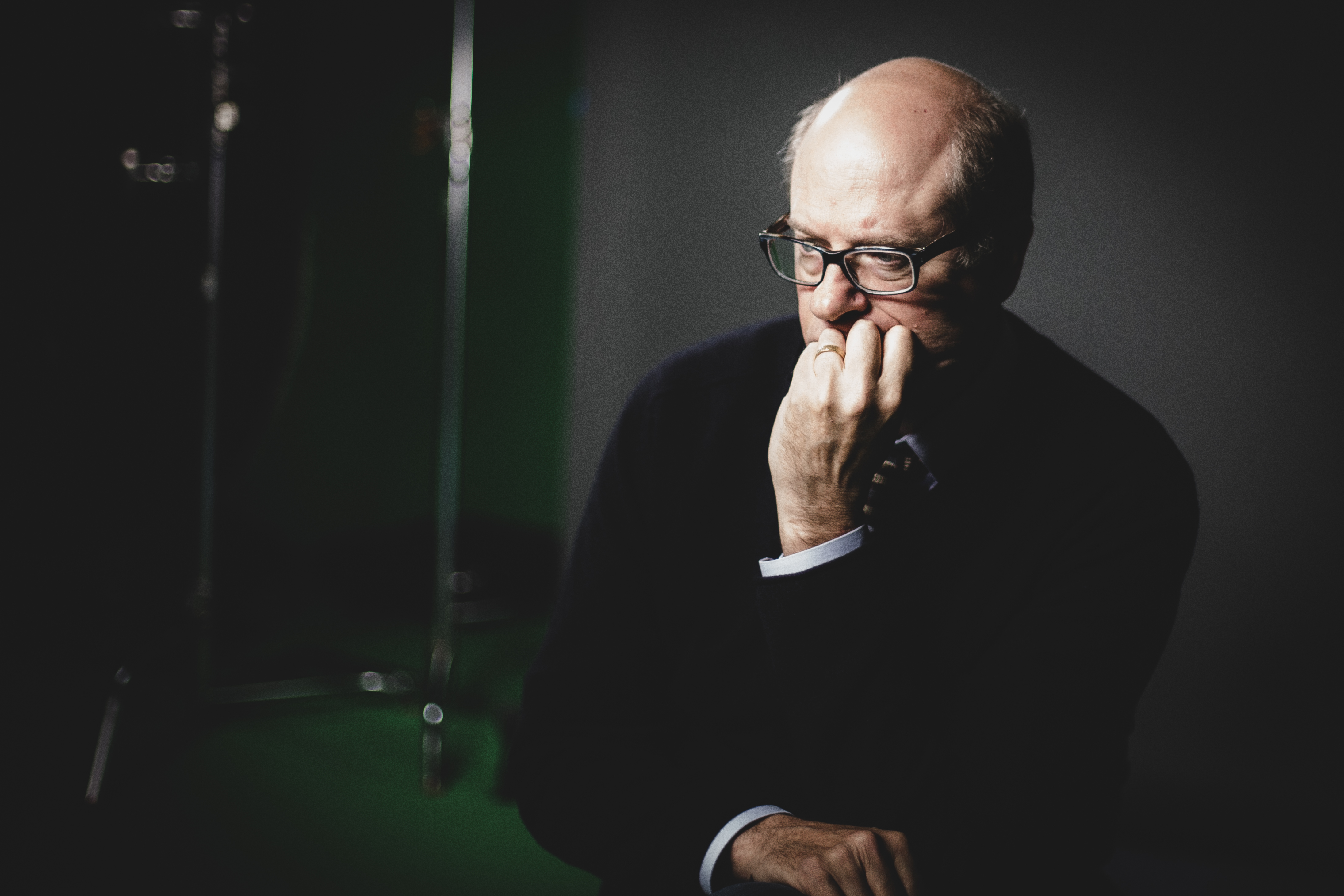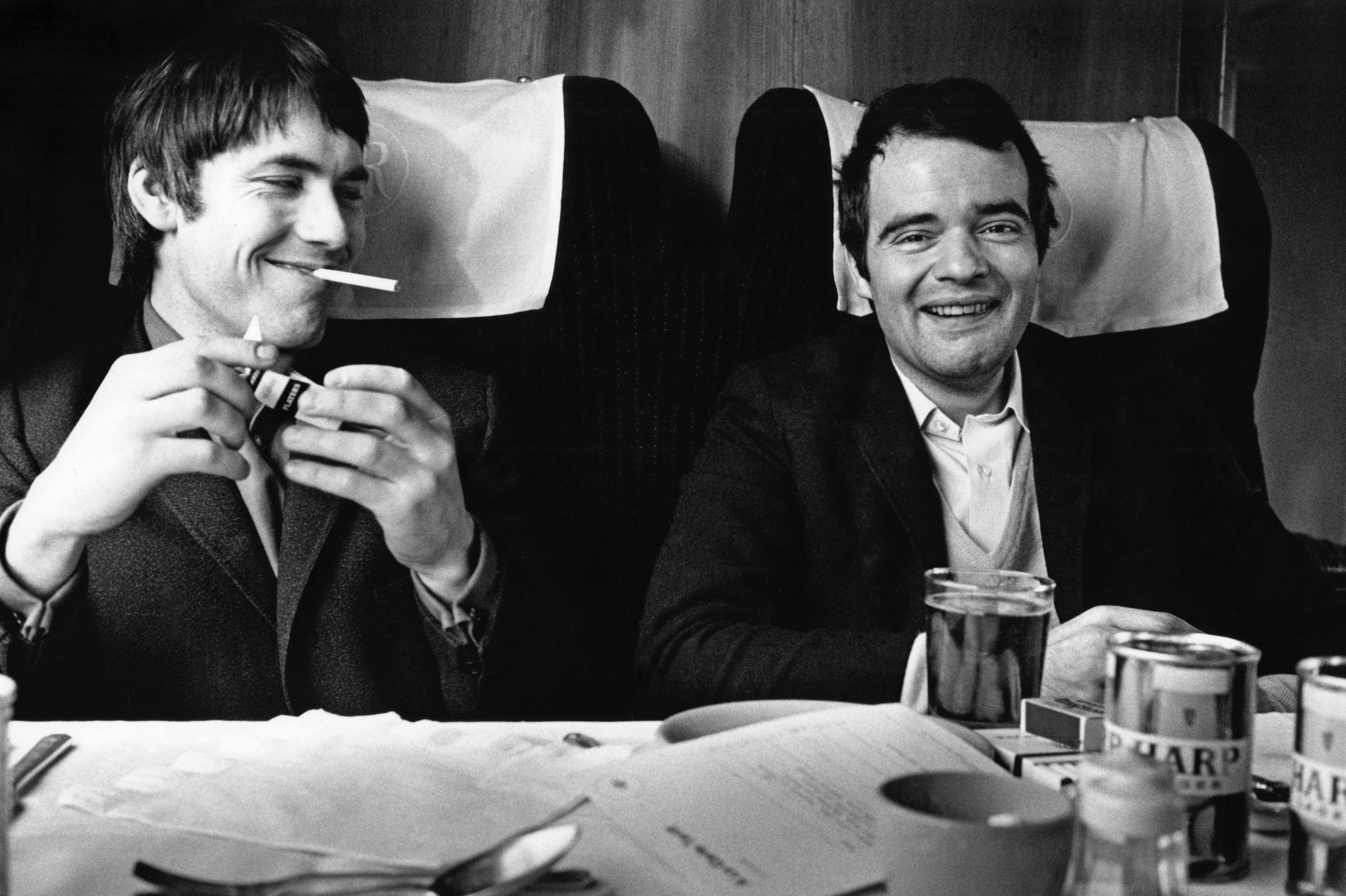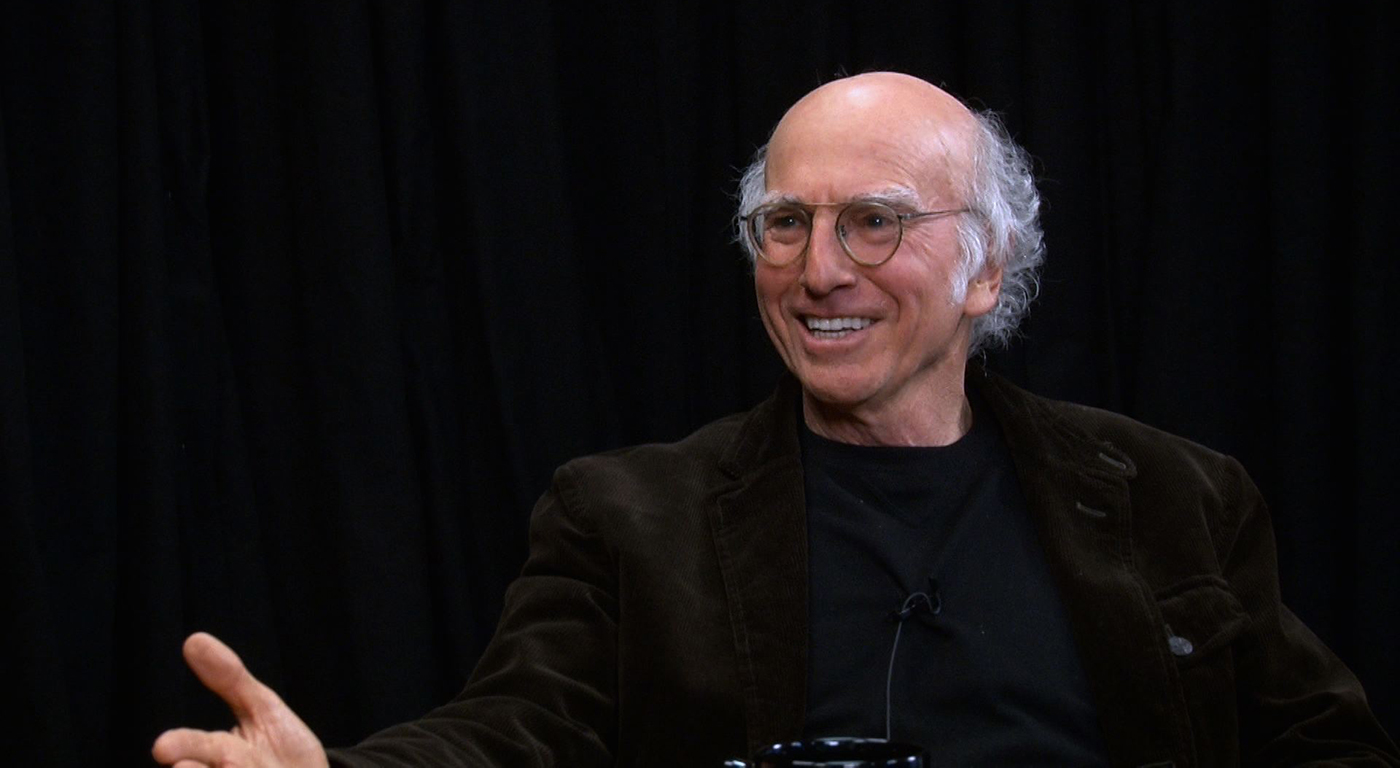Kathryn Bigelow was at SIFF on Thursday, May 28 for the first screening of her remarkable new film The Hurt Locker. It’s the first dramatic film of the Iraq war to really impact me perhaps because it doesn’t take a political stance. Instead, it immerses us in the experience of a bomb disposal technician, Sgt. James (played by Jeremy Renner), who thrives on his work, and through his experience communicates something about the effect of war – and in particular this war – on the men who fight it. I had the opportunity for an all-too-brief interview with Ms. Bigelow. Here are a few extracts from that interview.On the style of the film:There’s a constant sense of threat. How do you convey that to an audience? [Screenwriter Mark Boal] wrote it in such a way that made it feel reportorial and I wanted to preserve that in the shooting, keeping it very reportorial and surprising. We even blocked it in such a way that many of the cameras didn’t know where the actors were and the actors didn’t know where the cameras were. Everything was in motion and in flux, so everything was constantly surprising, just like the soldier in field. On the other hand, the actors are trained in bomb disarmament and the crew understands the mechanics of it, but still, where is he going to go? Every first take was not exactly surprising but genuinely, authentically, you-are there total immersion and not an artificially, mechanically described cinematic experience. On defining the audience experience:You’re defining the character through action as opposed to, let’s stop the narrative flow for a lot of backstory and reflection and then get back into the mix. [We wanted the film] to feel like this is a day in the office for a bomb tech. It just so happens your office is Baghdad and you’re looking at a 300 meter containment and a 300 meter bomb disarmament are and you’re walking down on a 1-5-5 [bomb] that you don’t know if it has a secondary attached to it, is live, not live, is really a bogey for a sniper or is just something left there from who knows when, completely innocent and benign? So it’s a sense of trying to keep it as authentic and realistic as possible.On the quote that opens the film: “War is a drug”I don’t know if you’re familiar with the book that Chris Hedges has written, “War is a Force That Gives Us Meaning,” it’s a great book and required reading. One of the many things he talks about is, that war’s dirty little secret is some men love it. This isn’t everybody, it’s just a particular type of psychological state with some men, there’s a psychological allure that combat creates, some kind of attractiveness, and it does create an almost addictive quality that they can’t replicate in any other way and are lost in any other context.On the character of Sgt. James, the bomb tech.It’s almost like a particular facet of their personality has been activated, but it’s at the price of something else. There’s a kind of attraction, there’s a kind of addiction, there’s what I would call a price to his heroism and what that sacrifice has been for him has been a flight from intimacy. I think that what was so shocking and haunting about the observations that [screenwriter] Mark Boal had on his embed in Iraq. [We wanted] to look at those really complicated characters and the complicated psychology of what it takes to, basically, have the world’s most dangerous job. It’s very, very, very singular and yet you could extrapolate and say, there are people who like to base jump. In other words, there’s a particular kind of psychology or quality that some people thrive on that others would find absolutely terrifying. Or unthinkable, beyond terrifying.On the lack of overt politics in the film:There’s that old saw, there’s no politics in the trenches. It was important to us to be reportorial. Regardless of your opinion about the particular conflict, you can look at these men and their job and their potential sacrifice and the lives that they are saving by the bombs that they’re disarming and the heroism that they perform and just look at it on the face of that. I think that there’s something pretty compelling about having that information and the fact that these men are volunteering to do that. And because the roadside bomb and the IED is the weapon of choice for this particular insurgency, it’s a war of bombs. I think that fairly little is known about the process, the protocol, the individuals by the public at large.The Hurt Locker Uptown, 4 p.m., Sat. May 30. Opens in theaters July 10.
More Stories From This Author
Adam Smith and Kim Schrier will retain Congress seats | Election 2024
Smith represents the 9th Congressional District and Schrier represents the 8th Congressional District.
Boeing Machinists approve contract, ending 52-day strike
After voting no twice, 59% of union members approved the latest contract.
Charges filed against teens in King County crime spree
Suspects linked to 78 robberies, shootings and carjackings in Sept. and Oct.







